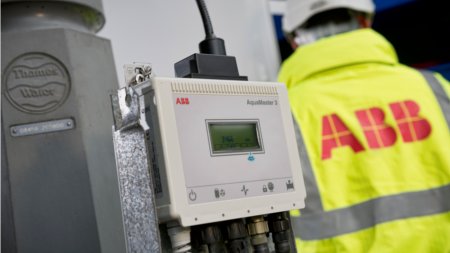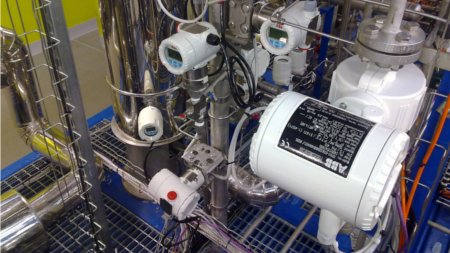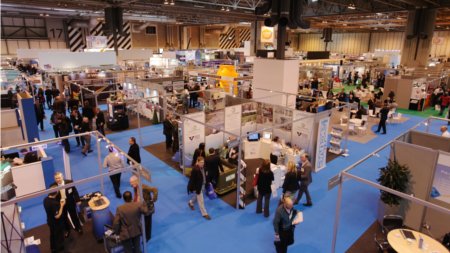A Profibus health check carried out by ABB has enabled Imperial College London to improve the performance of its instrumentation and control system used as part of its carbon capture pilot plant teaching facility. Carried out by ABB’s Measurement and Analytics Service team, the health check highlighted various potential improvements that could be made to the plant’s Profibus network, which have resulted in the data transfer rate being trebled.
Opened in 2012, the carbon capture pilot plant is part of Imperial College’s £8.9 million ChemEngSpace Project and is used for undergraduate teaching, with over 300 chemical engineering students having access each year.
The plant uses an extensive selection of the same ABB proven products and systems that are used in a broad range of industrial applications worldwide. It’s designed so that students acquire hands-on experience of ABB’s integrated systems and products in an operational cutting-edge industrial application. ABB equipment used on the plant includes flow, pressure, temperature and level instruments, pH analysers, positioners, a gas analyser, low voltage drives and motors, low voltage products and a System 800xA distributed control system.
All of the data from the plant is relayed to the control system through several different communication protocols including Foundation Fieldbus, Profibus and Wireless.
Together, this equipment enables students to gain valuable practical experience of plant operation that will help prepare them for a career in chemical or process engineering.
As part of its 10 year support agreement with Imperial College London, ABB was keen to carry out a health check on the Profibus communications system to help assess its performance. A Profibus analyser was connected to the network to capture a variety of performance-related information, including the data transfer rate, signal strength and any interference or noise. The analyser scans for approximately 30 minutes to an hour and records the communications data to give an indication of efficiency.
The results were revealing. Originally under the impression that the optimum speed for performance was 500kb/second, ABB Service Engineer Paul Bick actually found that in the case of the carbon capture plant, the best speed was 1500kb/second. Increasing the speed to this new limit immediately produced a significant improvement in response time from the instruments. Imperial College were using the slower speed out of caution, but the Profibus health check helped to establish that a higher data transfer rate was achievable.
Paul Bick also took the time to check the network installation, “On a Profibus network, a minimum of one metre of cable length should be used between each instrument. It was discovered that the drives had less than one metre. This didn’t conform to the Profibus guidelines. We therefore recommended that it was extended. Now it works better – without the length there can be issues with reflections, data corruptions and interferences.”
Overall, the Profibus communications network performed well before the health check. But through this procedure a few improvements were made which helped optimise performance, and enabled the students at Imperial to understand what kind of maintenance is required in a real world plant setting, and the significant difference it can make.
Dr Colin Hale, Senior Teaching Fellow at the college says, “A great thing about the plant is that it can be used not only to teach our students about carbon capture, but also about wider issues connected with plant control and instrumentation, including best practice. The improvements produced by the health check are a great example of the valuable contribution that maintenance can make to a system’s performance.”
The Profibus health check is part of a broader range of health check and life cycle services offered by ABB to help users to get the most from their installed instruments and analysers. For more information, email abb.service@gb.abb.com or call 03339 997 996, ref. ‘Health checks’.


